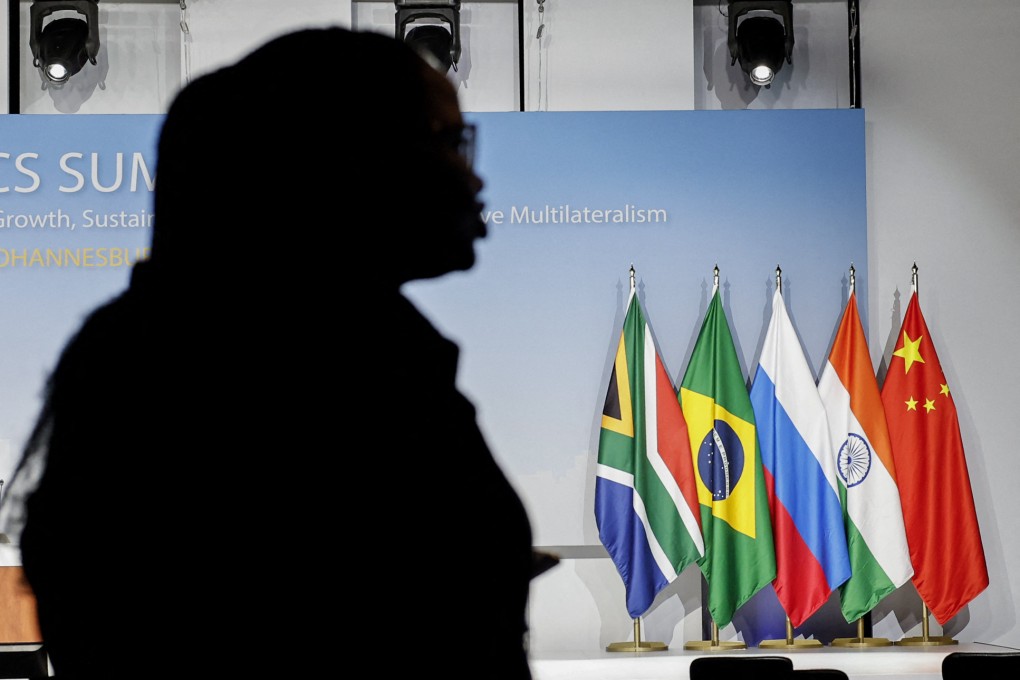Advertisement
Opinion | How emerging nations are already dethroning the West
- The Belt and Road Initiative is picking up momentum amid increasing synergy with countries in the expanding Brics grouping
Reading Time:3 minutes
Why you can trust SCMP
15

The United States and certain European countries may emerge from their current state of political brawling to find that the world has changed while they were otherwise occupied, and that they are no longer in charge of it. Power is moving southward.
One little remarked-upon aspect of this shifting balance of global power is the increasing cooperation between the Brics grouping of countries and the China-centred Belt and Road Initiative, which appears to be regaining momentum.
Launched in 2013 by Chinese President Xi Jinping, the initiative is a geoeconomic programme designed to project global influence by peaceful means. But China cannot impose infrastructure connectivity on others to further its grand designs unless they are willing to participate.
Even other members within Brics have been reluctant to embrace belt and road projects, arguably for fear of alienating key Western powers which with they have close relationships.
However, one of the largest among them, Brazil, has revealed plans to join the initiative. As reported in the Post, Brazilian president Luiz Inacio Lula da Silva has stated that his administration is putting together “a proposal to join”.
The rapidly expanding family of Brics nations can economically benefit from taking part in the Belt and Road Initiative, in the form of infrastructure networks linking them to the world’s second-largest economy, measured by gross domestic product. Member-nations also benefit from being connected to each other and having alternative sources of project financing.
Advertisement
